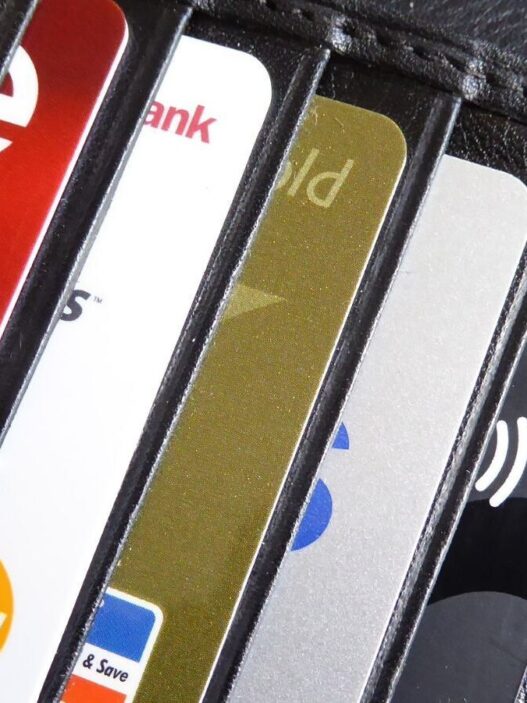A credit score is a three-digit number that reflects your credit worthiness. A good credit score is supposed to be more than 700, and it can help you fetch a loan on convenient terms. On the other hand, when the credit score is lower than 600, it is considered poor and it means you may face difficulties in getting the loan at a low rate of interest.
Notably, it is a good habit to check your credit score on a regular basis. When you do so, it is known as a soft enquiry. When you carry out a soft enquiry, you can even spot mistakes that you can rectify.
There are two kinds of credit enquiry:
Soft enquiry: A soft enquiry is the one when you check your credit score and make a report or when a lender (i.e., a bank) does a pre-approval check. This does not lead to loss of credit score at all. In fact, it is recommended to check your credit score regularly.
Hard enquiry: A hard enquiry is the one which is carried out when you apply for a loan. The bank does a hard inquiry when you apply for a credit card or a loan. The hard inquiry can lead to some loss of credit score, but only temporarily.
When a hard inquiry is run on your profile often, it means the borrower is looking for a loan quite often, which reflects badly on your profile.
However, the loss of credit score is only temporary and not permanent.
Misconceptions around checking your credit score
1. Checking your credit score lowers it: Several people believe that simply checking their own credit score will reduce it.
2. Checking the score frequently can make you look desperate for credit.
3. Checking your score frequently helps it improve. People sometimes think that just checking their score will help boost it.
4. Your credit score updates instantly: When you clear your old dues, it takes some time for the credit information companies (CIC) to update the credit score by making the changes. Earlier, this window used to be one month long and now RBI has reduced this to 15 days.
To sum up, checking your credit score often is a good habit and has no negative effect on your credit. It helps you stay aware of your financial health and detect errors or fraud early.












